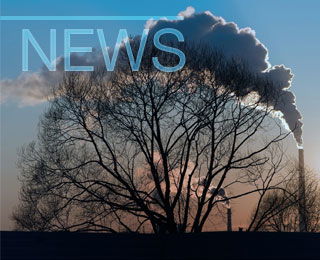Ian Riley, CEO of the World Cement Association, has responded to recent analysis from the World Wildlife Fund on the EU ETS emissions over the examined period (2013-21), when more than half of the emissions (53 per cent) were handed out to polluters for free through the so-called ‘free allocation’ scheme. These free permits to pollute were worth EUR98.5, more than all the revenue that EU countries earned through selling regular allowances, stated the WWF.
The WWF argues that while the average carbon price on the market for emitting one tonne of CO2 was EUR14, the real price industries paid, taking account of free allowances, was just EUR6.58.
Responding to these findings, Mr Riley said: “Free allocations coupled with the reduction in demand for cement due to the global financial crisis in 2008 meant that cement producers had more free allowances than they needed, hence the ETS provided no financial incentives to reduce carbon intensity in the sector. Cement companies were able to sell the excess allowances, realising a significant income. In addition, producers were incentivised to operate every plant at over 50 per cent capacity to maintain their free allowances. The move away from free allowances to the carbon border adjustment mechanism (CBAM) should address this problem and we can already see the impact of this on behaviour in the sector.”
